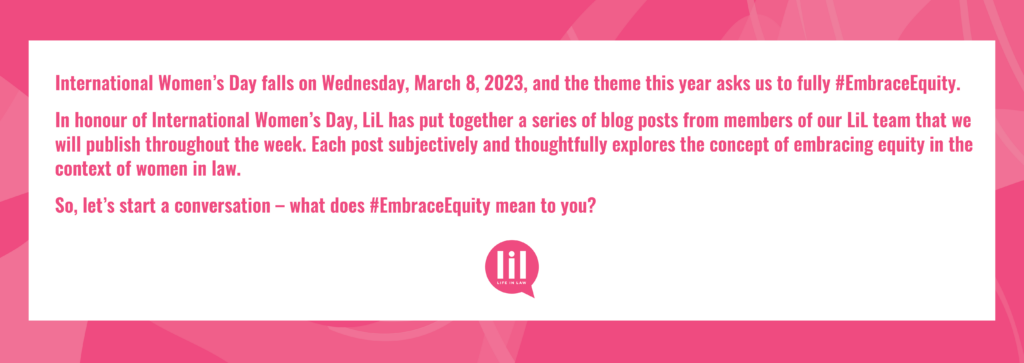Are we Going Backwards? This may be an unpopular opinion, but I think not.

The 2022 Women in the Workplace report from Lean In and McKinsey & Co. is out and it is by no means rosy. The report reveals that companies across corporate America are struggling to retain the relatively few women in leadership positions.
The report is based on a study involving 333 companies employing more than 12 million people, and a survey of more than 40,000 employees including women of diverse identities and backgrounds. In short, it is comprehensive and provides an intersectional look at biases and barriers.
So, what is causing senior women to leave their existing leadership positions in what McKinsey & Co. has coined the “the Great Breakup”? The authors suggest that lack of flexibility, being overworked and under-recognized, and microaggressions that continue even at the C-Suite level, are the primary reasons emerging from the study.
What is interesting and encouraging to me is that senior women are not necessarily leaving the workforce entirely but are rather leaving companies that are no longer working for them. Let me repeat that for those in the back – if companies aren’t considering real inclusion, women aren’t considering those companies, period. I would argue, in the spirit of staying positive on this International Women’s Day, that we are not going backwards, despite some of the findings of the McKinsey report.
First, we have a great number of women in C-Suite positions now more than ever. In 2017, twenty percent of C-Suite positions in the companies surveyed were occupied by women. In 2022, that number istwnety-six percent. There has similarly been a three to seven percent jump in percentage of women occupying Director, VP and SVP positions, since 2017. I am not suggesting we have made it – far from it in fact. Much work needs to be done to achieve equality in the workforce, especially for women of colour. That said, if we are moving forward at all – and it appears we are – there is some reason to celebrate.
Second, senior women are sought after now more than ever. Clients, in almost all sectors, recognize diversity leads to better problem solving and better service, and require it. Companies need senior women to land and service clients and attract, mentor and retain talent. Companies that are not able to keep their senior women, and are losing them to their competitors, are unlikely to thrive or survive in the long run.
I recently spoke to a senior female partner at a major law firm. She moved to her current firm not because she was seeking flexibility or was being overlooked and undercompensated by her old firm, but simply because the new firm was providing far better opportunities for career advancement.
Is there work that still needs to be done? Absolutely. Are we moving backward? According to the data, I don’t believe we are, but it seems like high time for companies to stop taking their female talent for granted or lose them to those that don’t.
About the Author

Una Radoja is a partner with Harper Grey and is recognized as a leader of the next generation of Canadian lawyers. Una generously gives of her time and expertise for the betterment of the legal profession and the broader community. For Una, success stems from well-balanced contributions to both her profession and community. Una previously served as the Harper Grey’s Cheif Diversity Officer and is now on the Practice Management Committee. She is also the proud Co-Founder of Life in Law.